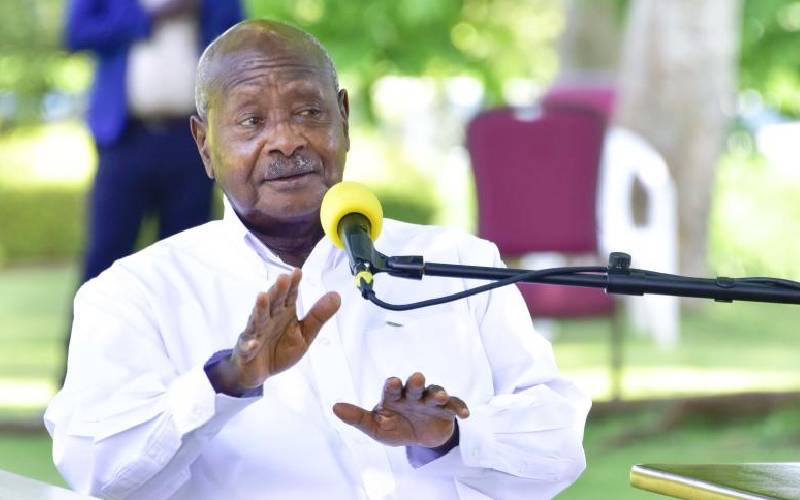×
The Standard e-Paper
Kenya’s Boldest Voice

After 36 years in power, have the estimated 44 million Ugandans got enough of their president, Yoweri Kaguta Museveni?
Are they willing to nurture another 'mustard seed' from the scions of this aged seed into another mighty tree under whose shade Uganda can shelter with no term or age limits until the end of times?